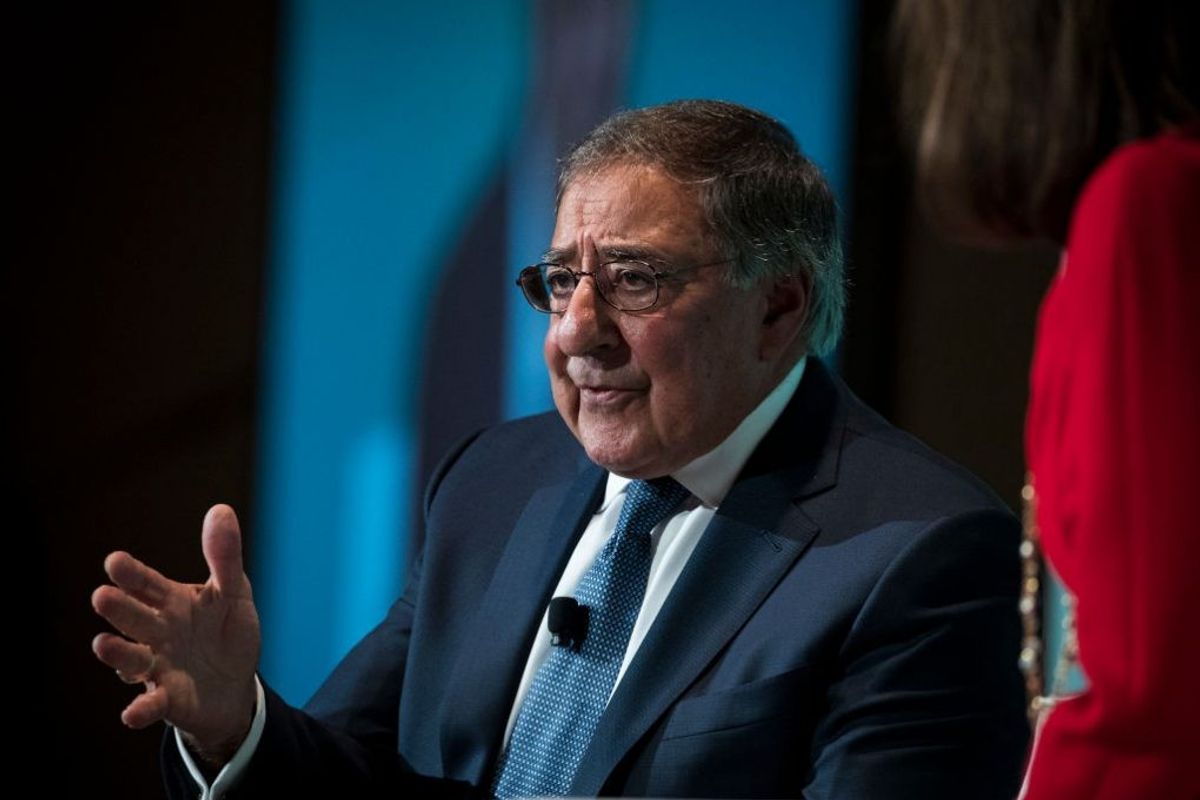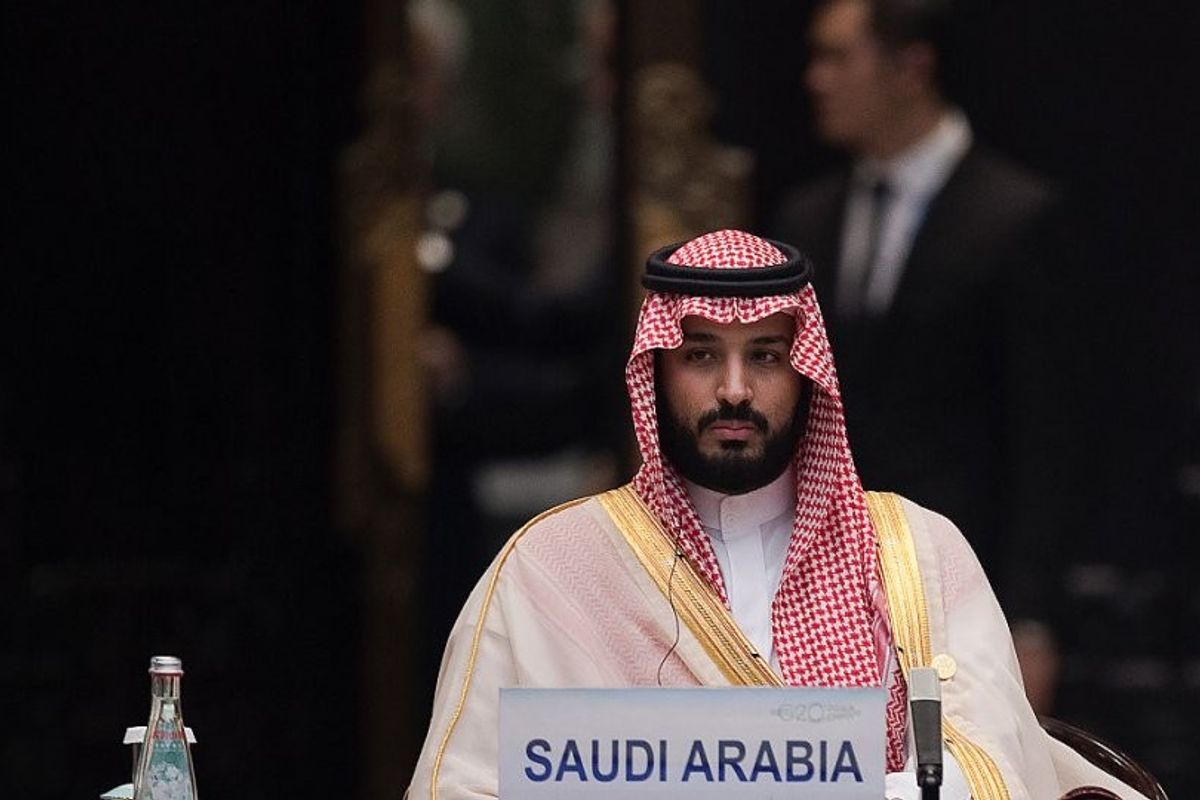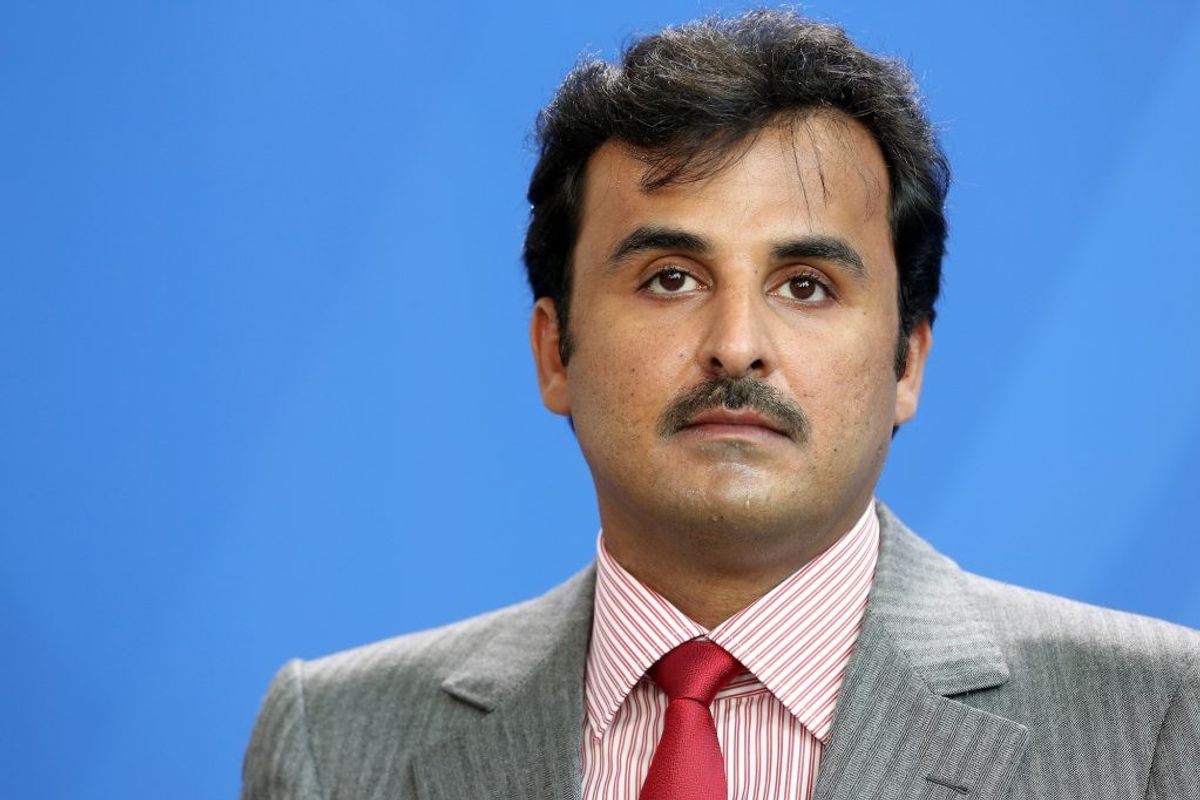The Cipher Brief spoke with Sachin Kerur, Head of the Middle East region for Pinsent Masons LLP about the current construction market in the Middle East. He said that regional construction projects will continue to move forward, but governments may reassess the “financial viability of certain projects until oil prices stage a recovery.”
The Cipher Brief: What Middle East countries have the largest growing construction markets? What are the construction priorities for the region?
Sachin Kerur: Most of the activity in the Middle East and North Africa (MENA) construction market lies in the Gulf Co-operation Council (GCC) states (Bahrain, Kuwait, Oman, Saudi Arabia, and the UAE). Amongst these GCC countries, Qatar currently leads the way in procurement. With construction well underway for the 2022 FIFA World Cup, and the need for supporting infrastructure across the country, some forecasts estimate that the market will grow in Qatar by around 10 percent a year for the next decade.
However, the bullish attitudes of the last five years in the construction markets in the region have recently been softened by the low oil export prices. While long-lead events like the 2020 World Expo in Dubai and the 2022 World Cup are keeping procurement moving forward, it is likely that some governments across the region will look to re-evaluate the financial viability of certain projects until oil prices stage a recovery.
Construction needs vary across the region. Although some states, like the UAE, have world-leading infrastructure, other nations continue to play catch-up. As the oil powers within the region collectively look to diversify their economies, infrastructure remains the fundamental means to achieve this. However, heavy infrastructure is not the sole priority in the region. In states like Egypt, housing is a primary concern. This has led to some large contract awards with leading Middle Eastern contractor Arabtec, recently being awarded a contract for 100,000 homes in Egypt.
TCB: What role do the governments of Middle East countries play in overseeing domestic construction markets?
SK: Governments in the MENA region are active participants in the construction market, both from a regulatory and procurement standpoint.
Regulation of construction contractors varies greatly across the region. Some countries, like Oman, have a strict policy of "Omanisation," requiring certain levels of the workforce to be Omani locals. Governments will also often require particular permits before a company can be established as a building contractor (i.e. permits issued upon proof of compliance with certain capitalisation requirements).
Generally speaking, most jurisdictions will impose quite strict requirements on those carrying out engineering work. This is largely due to the fact that most jurisdictions will have statutory "decennial liability" – a 10-year period of liability for design professionals where structural defects arise.
The health and safety laws across most Middle East jurisdictions, while perhaps not as developed as those in Western jurisdictions, continue to make major strides. Generally, foreign construction companies will not need to go above and beyond their domestic requirements, but foreign companies should be aware that they will not be able to cut corners in the Middle East. Health and safety inspectors in the region remain vigilant and will come down hard on breaches of health and safety laws.
TCB: How competitive is the Middle East construction market, particularly for Western firms?
SK: While there are several large Middle Eastern contractors, such as Arabian Construction Company, Arabtec, and Saudi BinLaden Group, foreign contractors continue to play a major role in construction projects in the region. Economies, like those of the UAE and Qatar, are acutely aware of the skills foreign contractors and consultants can bring. The potentially lucrative margins associated with the construction contracts in these countries entice the biggest players in the global construction industry to these markets, and there is a high degree of sophistication and competition in the tender process.
This is not to say that it is easy for a foreign contractor to enter Middle Eastern jurisdictions or that high margins are guaranteed. Most countries have elaborate requirements in order to establish an entity. Most will require local shareholders to hold a certain percentage of shares in a company before it can be established. The processes required to establish an entity in some cases can take several months.
Contractual risk allocations on projects in the Middle East are also very different from those seen in Western jurisdictions. Foreign contractors entering the market for the first time are often shocked by the way in which risk is allocated in the region. Contractors must be vigilant and deliver their contracts in an effective and efficient manner for the project to remain profitable. It is a high risk, high reward game, and firms which don't do their due diligence often suffer accordingly.
TCB: What are some of the main security risks Western construction companies and their personnel face in the Middle East? What advice would you give these companies to mitigate these risks?
SK: Despite the negative publicity often associated with the region, it is important to keep in mind that vast portions of the Middle East are very safe for foreign contractors. Countries such as Qatar and the UAE go to considerable lengths to ensure the safety of foreigners. That being said, it is important to keep in mind that parts of the region are also incredibly volatile. Situations can change overnight, and when they do, contractors with extensive operations on the ground can be caught out.
In more volatile parts of the region, extensive due diligence must be undertaken. Local knowledge is invaluable not just to advise on issues of local law, but also to give advice as to the goings on in the country that may give rise to civil unrest.
From a purely contractual standpoint, the risks often associated with security of the works (war, rioting, and terrorist acts) are generally treated as "employer's risks," meaning that the cost and time implications associated with loss of or damage to works or materials resulting from these events will often lie with the employer. This obviously does not take into account the commercial risks to the project should supply routes be damaged, or if materials increase in price resulting from a shortage of goods in the country; both of which will need to be borne by the contractor.
The importance of having good local know-how before setting up operations to avoid the risk of death or injury to staff and/or damage to the works cannot be understated. Contractors should look to take an active approach to security due diligence before entering a particular jurisdiction.










